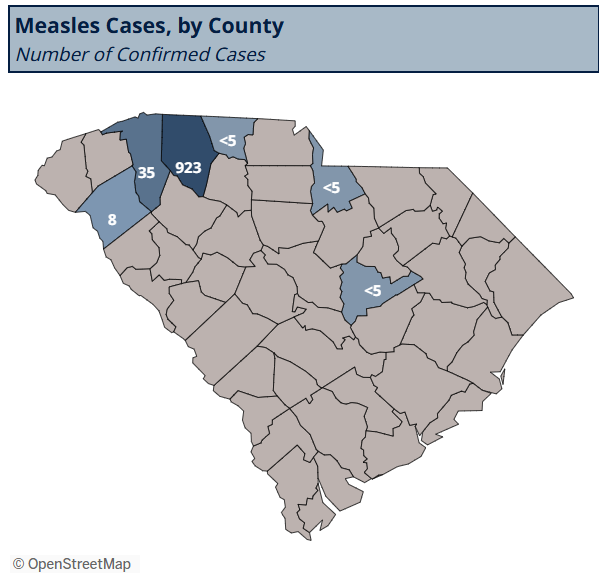A new study from the Darla Moore School of Business at the University of South Carolina estimates that child abuse and neglect cost the state $74.2 billion annually in lost business activity. This figure reflects the direct and indirect economic losses caused by the long-term health, social, and employment impacts of adverse childhood experiences (ACEs).
The study, commissioned by Children’s Trust of South Carolina, measured the frequency of child abuse and neglect using South Carolina data on ACEs. These experiences—including violence, abuse, neglect, and household dysfunction before age 18—are strongly linked to negative outcomes later in life, such as chronic health conditions, lower wage levels, and early death.
The $74.2 billion annual loss is attributed to:
- Higher Medical Costs: Increased healthcare expenses for chronic conditions.
- Increased Workplace Absenteeism: Lost productivity and workdays.
- Lower Wage Levels: Reduced lifetime earnings for victims.
Joseph Von Nessen, Ph.D, the research economist who authored the study, confirmed that higher rates of child abuse and neglect carry significant long-run economic consequences for victims, their families, communities, and ultimately, the entire state. These impacts are felt equally in both rural and urban communities.
The study powerfully highlights the economic benefit of early intervention and prevention efforts. Researchers estimate that modest efforts to reduce the number of adverse childhood experiences could save the state $21 billion in statewide economic impact over ten years. These savings would result from lower losses related to reduced earnings, medical expenses, and workplace absenteeism.
Children’s Trust of South Carolina emphasized that investing in prevention is the smartest investment the state can make in its future, as abuse and neglect undermine the stability, health, and potential of entire communities.
The report includes county-level fact sheets detailing population numbers for adults who have experienced ACEs, the lost economic activity, and potential prevention impacts. It also highlights existing, proven prevention programs supported by Children’s Trust, such as home visiting, the Strengthening Families Program, Triple P (Positive Parenting Program), and family resource centers.
Children’s Trust will release the full study and its 2026 legislative agenda at a press conference on Wednesday, November 19, at 10 a.m. at the S.C. State House.
Sign up for our Sunday Spectator. Delivered to your inbox every Sunday, with all the news from the week.









